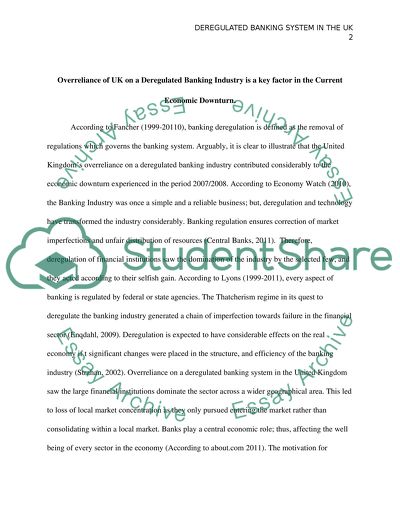Cite this document
(“UK Deregulated Banking and Economic Downturn Essay”, n.d.)
UK Deregulated Banking and Economic Downturn Essay. Retrieved from https://studentshare.org/finance-accounting/1438086-discuss-the-proposition-that-the-uk-s-over
UK Deregulated Banking and Economic Downturn Essay. Retrieved from https://studentshare.org/finance-accounting/1438086-discuss-the-proposition-that-the-uk-s-over
(UK Deregulated Banking and Economic Downturn Essay)
UK Deregulated Banking and Economic Downturn Essay. https://studentshare.org/finance-accounting/1438086-discuss-the-proposition-that-the-uk-s-over.
UK Deregulated Banking and Economic Downturn Essay. https://studentshare.org/finance-accounting/1438086-discuss-the-proposition-that-the-uk-s-over.
“UK Deregulated Banking and Economic Downturn Essay”, n.d. https://studentshare.org/finance-accounting/1438086-discuss-the-proposition-that-the-uk-s-over.


